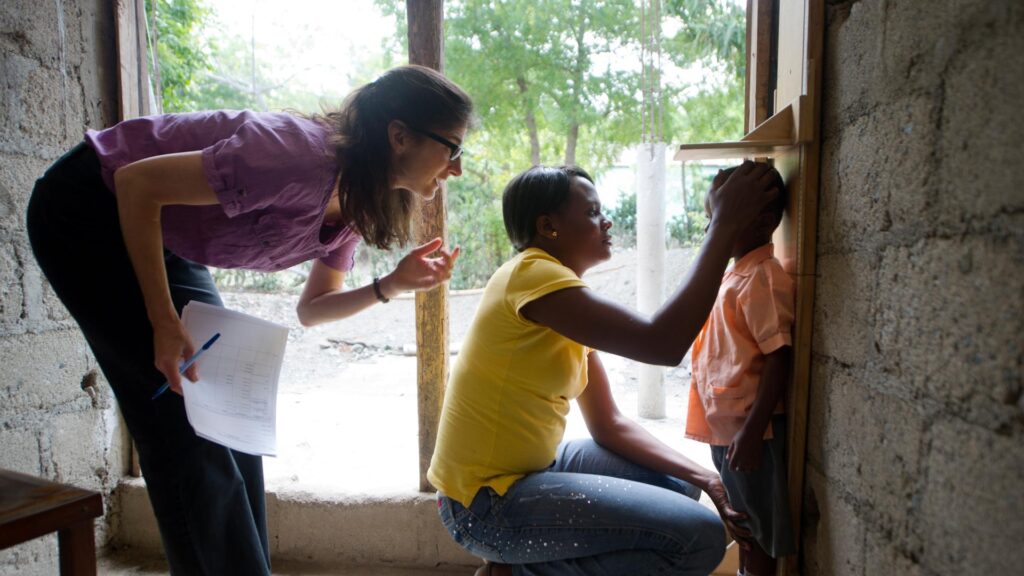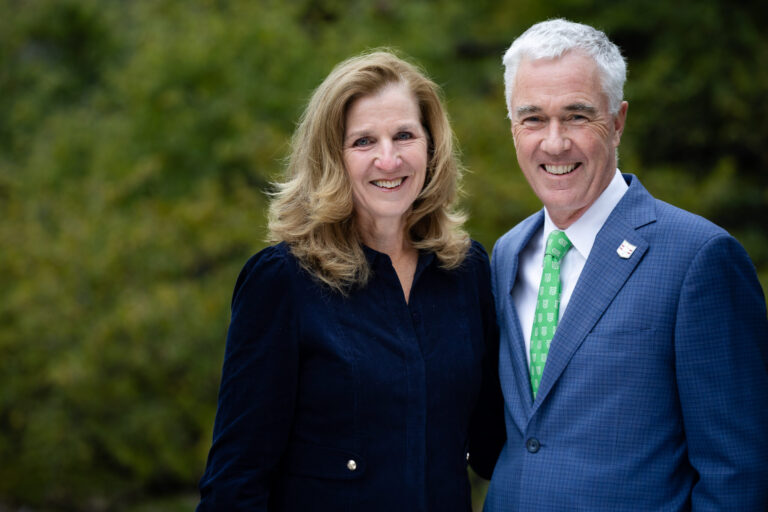Ensuring just environmental impacts and opportunities for all people —
Environmental Justice is defined by the Environmental Protection Agency as the equitable and ethical engagement of communities in planning, designing and implementing evidence-based policies and practices for the well-being of human and natural ecosystems and in addressing the impacts of new and existing policies across all social structures. In addition to pursuing scholarly research in environmental justice, the Center for the Environment applies environmental justice as a guiding principle for research in the other themes. The applied nature of environmental justice requires close community engagement and transdisciplinary partnerships. These partnerships span local, national, and global contexts. With existing cross school and interdisciplinary strengths in air pollution, public health, social work, social systems and advocacy, the Center builds upon, advances and expands existing research and collaborations.

Molly Metzger, PhD
Senior Lecturer of Social Work
Metzger focuses on local, state, and federal housing policies, examining how these policies often reproduce patterns of inequity. Her course “Community Development Practice,” engages with community partners to improve neighborhoods in south St. Louis

Patty Heyda
Professor of Architecture and Urban Design
Heyda studies American cities and design politics. In “Radical Atlas of Ferguson, USA,” Heyda charts the forces that have shaped Ferguson and other first-ring American suburbs since the early 1980s.
Environmental justice scholars

Carrie Breton
Professor
Environment on Fetal Development, Pollutants on Cardiopulmonary and Metabolic Health, Maternal and Child Environmental Health, Susceptibility to Environmental Pollutants, Mediators of Environmental Health

Phil Valko
Assistant Vice Chancellor for Sustainability, Lecturer in Environmental Studies
Energy and Emissions, Green Building Practices, Biodiversity, Sustainable Food Systems, Electric Power System Technology, Clean Energy

Tracy Bastain
Professor
Environmental Health Disparities, Air Pollution and Heat Exposures on Women’s Mental Health, Chemical Exposure and Environmental Impacts on Maternal and Child Health Outcomes



